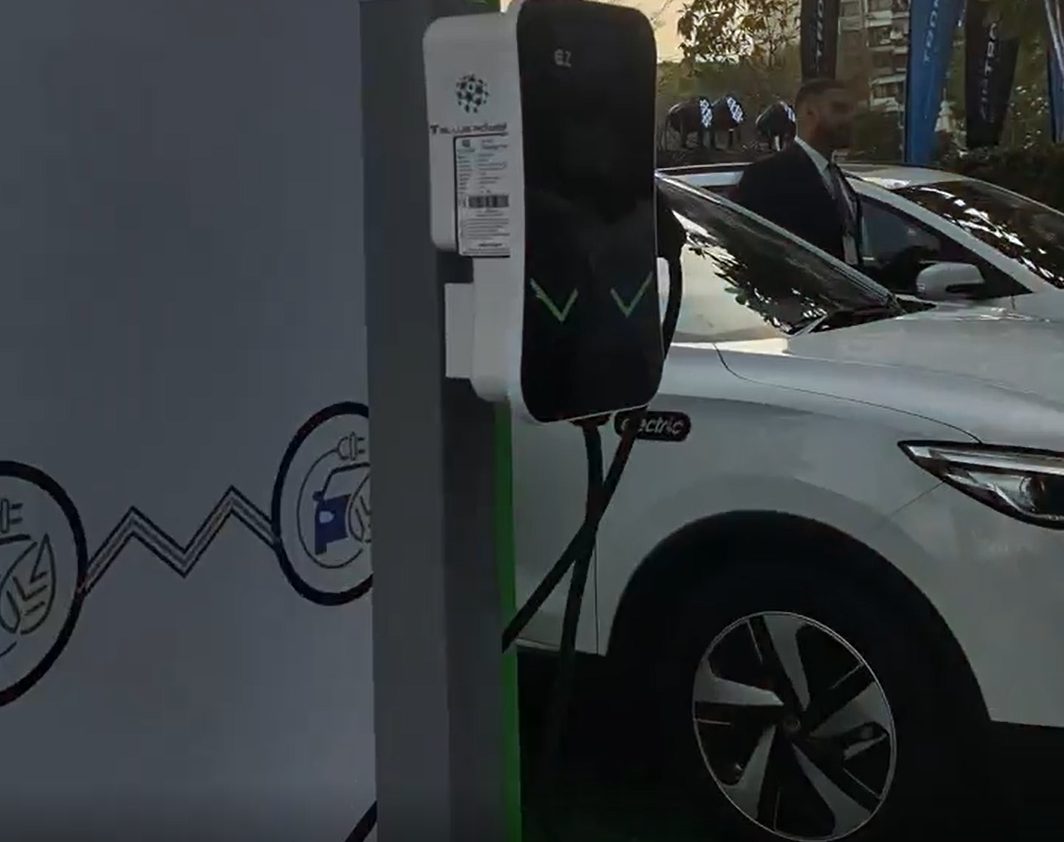Sodium-ion and lithium-ion are both rechargeable battery technologies, but there are some key differences between the two. Here is a comparison of sodium-ion and lithium-ion batteries in the context of India:
1. Energy Density: Lithium-ion batteries generally have higher energy density than sodium-ion batteries. This means lithium-ion batteries can store and deliver more energy per unit weight or volume, resulting in a longer driving range for electric vehicles (EVs). Currently, lithium-ion batteries are more suitable for EV applications.
2. Cost: Sodium-ion batteries are expected to have lower costs than lithium-ion batteries. Sodium is more abundant and widely available, which can potentially reduce the overall production cost of sodium-ion batteries. This cost advantage could make sodium-ion batteries more attractive for certain applications, especially in countries like India that have limited lithium resources.
3. Safety and Stability: Lithium-ion batteries have been extensively developed and refined over the years, resulting in a mature and safe technology. Sodium-ion batteries are relatively newer and still undergoing research and development. Safety and stability considerations are important factors for wide-scale adoption in applications like EVs.
4. Charging Infrastructure: Lithium-ion batteries are currently the dominant technology in the EV market, and thus, there is a well-established charging infrastructure for lithium-ion-powered EVs in India. On the other hand, sodium-ion batteries are still in the early stages of development, and the charging infrastructure for sodium-ion-powered EVs is yet to be developed.
5. Environmental Impact: Sodium-ion batteries may have a lower environmental impact than lithium-ion batteries due to the availability of sodium as a more abundant and widely distributed resource. Additionally, the manufacturing process of sodium-ion batteries may be less energy-intensive than lithium-ion batteries.
Considering the current scenario, lithium-ion batteries remain the preferred choice for EV applications in India due to their higher energy density, well-established infrastructure, and safety record. However, the development of sodium-ion batteries continues, and they may have potential advantages in terms of cost and environmental impact, making them a promising alternative in the future.
The views and opinions expressed in this article are the author’s own, and do not necessarily reflect those held by pv magazine.
This content is protected by copyright and may not be reused. If you want to cooperate with us and would like to reuse some of our content, please contact: editors@pv-magazine.com.








Please send more of lithium and sodium battery related news to me ..